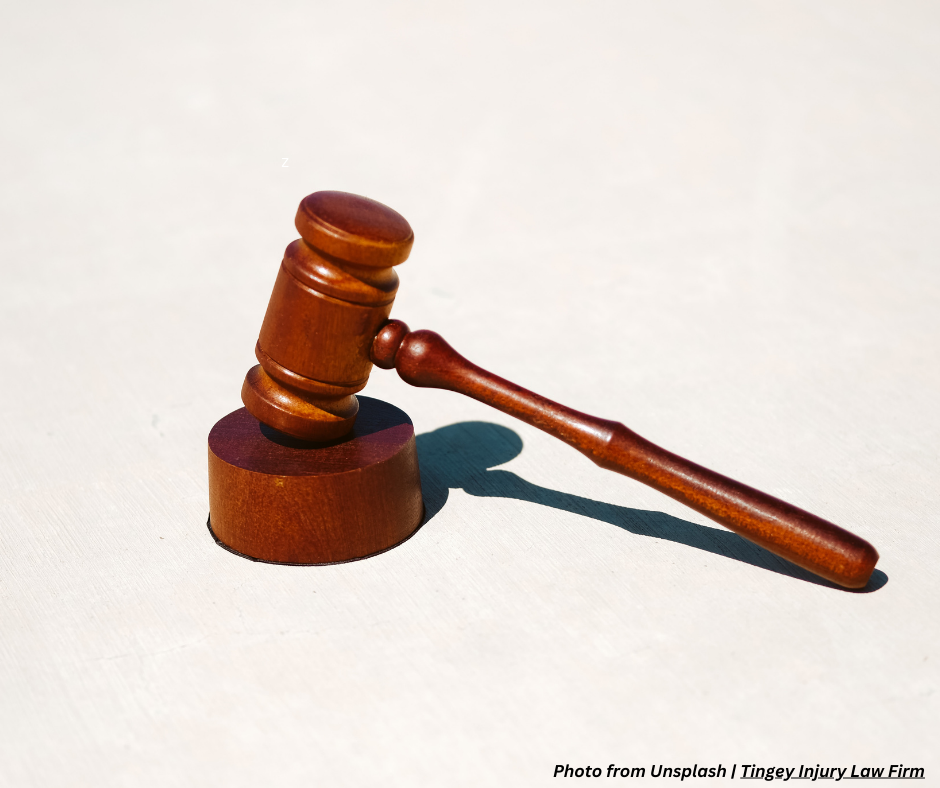
Photo from Unsplash | Tingey Injury Law Firm
The following post does not create a lawyer-client relationship between Alburo Alburo and Associates Law Offices (or any of its lawyers) and the reader. It is still best for you to engage the services of a lawyer or you may directly contact and consult Alburo Alburo and Associates Law Offices to address your specific legal concerns, if there is any.
Also, the matters contained in the following were written in accordance with the law, rules, and jurisprudence prevailing at the time of writing and posting, and do not include any future developments on the subject matter under discussion.
AT A GLANCE:
Where it is necessary to issue a new certificate of title pursuant to any involuntary instrument which divests the title of the registered owner against his consent or where a voluntary instrument cannot be registered by reason of the refusal or failure of the holder to surrender the owner’s duplicate certificate of title, the party in interest may file a petition in court to compel surrender of the same to the Register of Deeds. The court, after hearing, may order the registered owner or any person withholding the duplicate certificate to surrender the same, and direct the entry of a new certificate or memorandum upon such surrender. (Section 107, P.D. 1529)
The law says –
Where it is necessary to issue a new certificate of title pursuant to any involuntary instrument which divests the title of the registered owner against his consent or where a voluntary instrument cannot be registered by reason of the refusal or failure of the holder to surrender the owner’s duplicate certificate of title, the party in interest may file a petition in court to compel surrender of the same to the Register of Deeds.
The court, after hearing, may order the registered owner or any person withholding the duplicate certificate to surrender the same, and direct the entry of a new certificate or memorandum upon such surrender.
(Section 107, P.D. 1529)
What would happen if the person withholding the title does not want to comply?
If the person withholding the duplicate certificate is not amenable to the process of the court, or if not any reason the outstanding owner’s duplicate certificate cannot be delivered, the court may order the annulment of the same as well as the issuance of a new certificate of title in lieu thereof. Such new certificate and all duplicates thereof shall contain a memorandum of the annulment of the outstanding duplicate.
Jurisprudence says –
Even while Sec. 107 of P.D. 1529 speaks of a petition which can be filed by one who wants to compel another to surrender the certificates of title to the Register of Deeds, this does not preclude a party to a pending case to include as incident therein the relief stated under Sec. 107, especially if the subject certificates of title to be surrendered are intimately connected with the subject matter of the principal action. This principle is based on expediency and in accordance with the policy against multiplicity of suits. (Leticia P. Ligon vs. Court of Appeals, Judge Celia Lipana-Reyes, Presiding Judge, Branch 81, Regional Trial Court of Quezon City, Iglesia ni Kristo and the Register of Deeds of Quezon City, G.R. No. 107751 June 1, 1995)
Section 107 contemplates ONLY two situations when a petition for surrender of withheld duplicate certificate of title may be availed of. These are: (1) where it is necessary to issue a new certificate of title pursuant to any involuntary instrument which divests the title of the registered owner against his consent, and (2) where a voluntary instrument cannot be registered by reason of the refusal or failure of the holder to surrender the owner’s duplicate certificate of title.
In the case of Privatization v. Edgardo V. Quesada, G.R. No. 224507, September 20, 2017, the Supreme Court held that –
Clearly, the original petition before the RTC does not allege an involuntary instrument which intends to divest the title of the registered owner against his consent. TCT No. 27090 is registered in the name of the Quesadas’ predecessors-in-interest and the Quesadas are not divesting the title of their predecessors-in-interest against the latter’s will.
Rather, the Quesadas require the surrender of the owner’s duplicate of TCT No. 27090 in the possession of PMO based on an alleged deed of donation in their favor.
Inasmuch as the original petition before the RTC seeks the surrender of the owner’s duplicate copy of TCT No. 27090 in the possession of PMO so that a voluntary instrument — a Deed of Donation — can be registered but the registration cannot be made by reason of the refusal of PMO, the holder, to surrender the same, a cause of action under Section 107 of P.D. No. 1529 has been sufficiently alleged in the original petition. Thus, a dismissal of the said petition on the ground that it fails to state a cause of action is not warranted. Consequently, the RTC, as a land registration court, has jurisdiction over the original petition.
(Privatization v. Edgardo V. Quesada, G.R. No. 224507, September 20, 2017)
Read also: Can entries in the certificates of title be amended?
Alburo Alburo and Associates Law Offices specializes in business law and labor law consulting. For inquiries regarding taxation and taxpayer’s remedies, you may reach us at info@alburolaw.com, or dial us at (02)7745-4391/0917-5772207.
All rights reserved.


